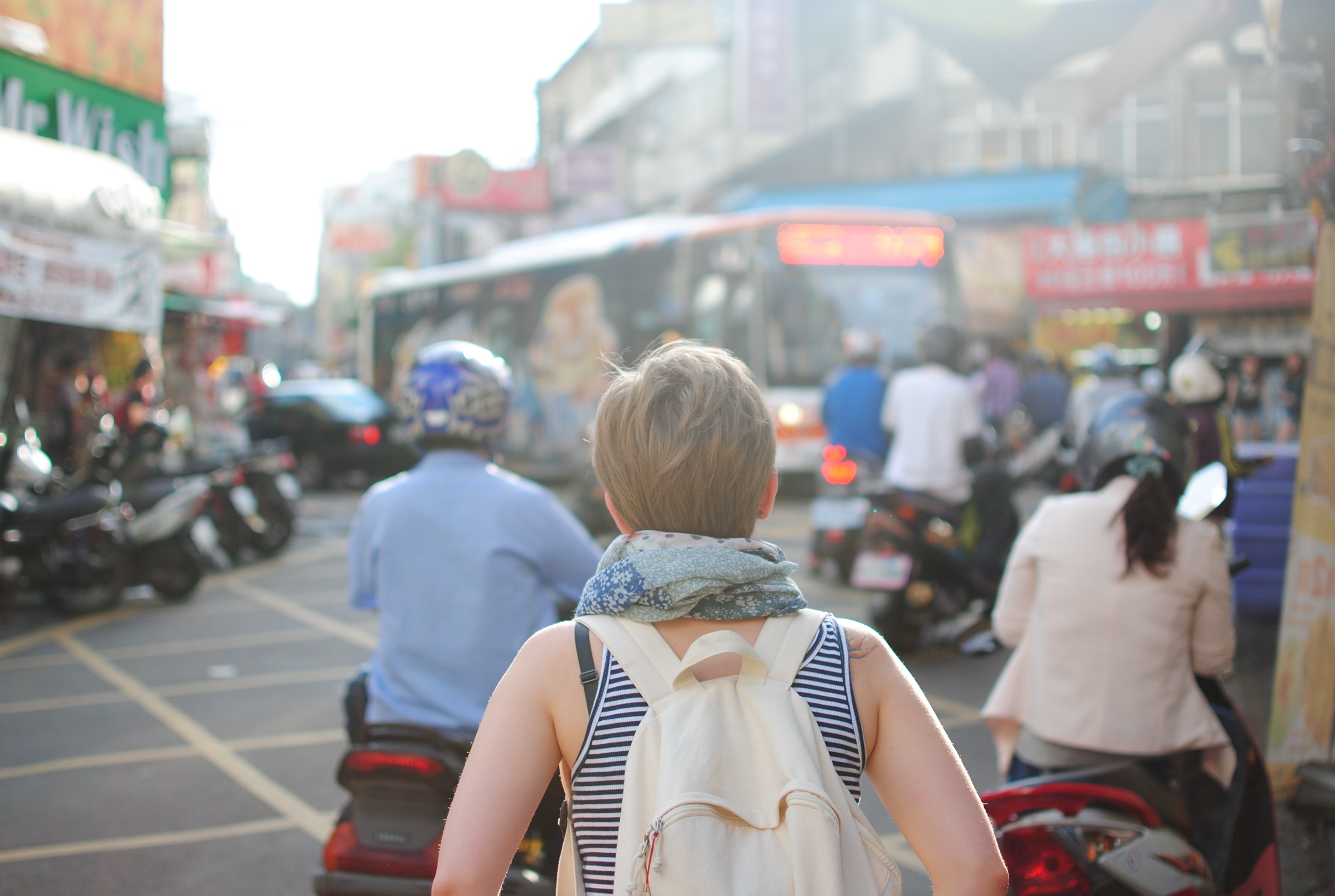Culture shock
Arriving in a new country can be quite a challenge, particularly if you come directly from your home country to places such as India, China, rural Africa or Latin America.
The heat may be unbearable, the streets noisy, there is pollution and dust all over the place and you can't understand the language, perhaps you are not too passionate about the local food and your newfound hostel located below a popular night club! First night on your big trip - and you hate it. This is culture shock at its worst!
Culture shock - part of the experience
All travelers will experience some sort of culture shock when arriving in a new country that is different from their home country in terms of culture, religion and language etc. Culture shock can be light or severe but in any case culture shock is also part of traveling and in some ways also the reason why we travel. We are pursuing the things we cannot find a home and most travelers will adapt to life on the road within a couple of days or a week.
Prepare for culture shock
A way to handle culture shock is to prepare for what's coming; read up on the destination, check out local customs and how to handle everyday occurrences such as ordering food, tipping, using bathrooms and asking for directions etc. Reading online travel blogs is a useful tool for checking up on destinations and other travelers' hassles.


